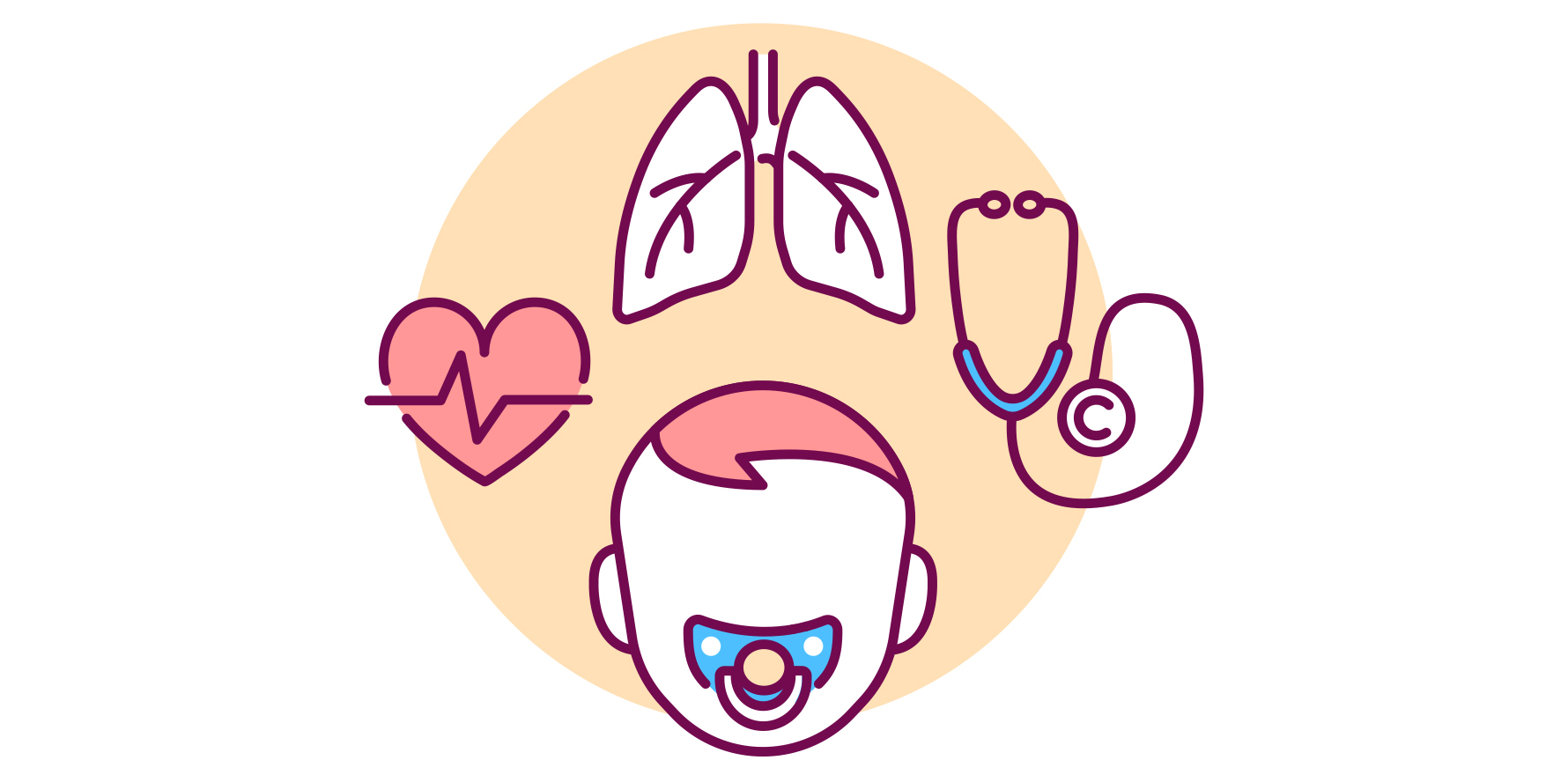Clinicians are advised to weigh the potential benefit of PPIs against an increased likelihood of asthma before prescribing them for children.
Proton pump inhibitors, a first-line therapy for many gastrointestinal conditions, have been associated with an increased risk of asthma in under-18s.
Worldwide, approximately 14% of children have asthma, leading some to label it a critical public health issue.
Despite having a relatively low mortality rate, the respiratory condition is a leading contributor to the disease burden in Australian children.
The use of PPIs globally has steadily increased over the past decade, with emerging observational data linking the medications with the subsequent development of asthma.
As the observational data was primarily derived from studies of pregnant women, comparatively little is known about the effects of PPIs on children.
To investigate this alleged relationship, a team of Swedish researchers conducted a propensity score-matched cohort study looking at 80,870 pairs of children, which was published in JAMA Pediatrics.
Each pair contained one child who started using PPIs before turning 18 and one child who never took PPIs, with all data drawn from Sweden’s national patient and prescribed drug registers.
The researchers observed a 57% increased risk of asthma among children on PPIs compared with those who were not.
Under-2s were found to have the greatest increased risk, but the risk of asthma was consistently higher for PPI users across all age groups.
Risk was similar regardless of which PPI was used, as well as the duration of treatment.
The authors propose that the underlying mechanism linking PPIs to asthma is PPI-mediated interference in the balance between the symbiotic and pathological microbial species in the gut and lung.
According to the researchers, this interaction could lead to asthma through the hyperactivation of helper T2 cell-dominated immune responses and overproduction of inflammatory cytokines resulting in airway inflammation.
“Given that the association between PPI use and risk of asthma was observed already within 90 days after PPI initiation, dysregulation of immunity would have to occur through a rapid change of the microbiome,” they wrote in JAMA Pediatrics.
“This possibility is supported by previous in vivo studies reporting that substantial disruption of microbial composition and diversity in the gut can occur within four weeks after PPI treatment.”
An alternate theory proposed by the study authors is that PPIs may damage lung tissue directly, as they have been linked to impaired endothelial function and accelerated endothelial senescence previously.


